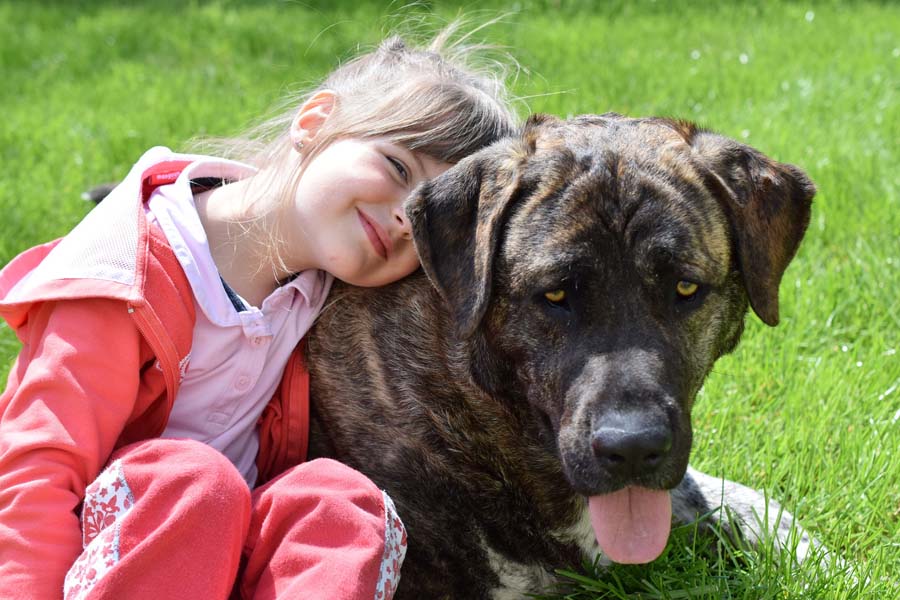A Turramurra Vet Article
Top 5 Tips for Raising Dogs with Kids Safely

Top 5 Tips for Raising Dogs with Kids Safely
by Katie Bedrossian, Pet Behaviour Consultant
There is something very special about the relationship between a child and their dog. I am someone who has experienced this not once, but twice having raised two dogs with my two children, who are both under the age of 8. However, developing that special relationship between child and dog doesn’t happen by accident. Yes, some dogs are better equipped from birth to deal with what family life brings than others, but a nurtured and meaningful relationship is a special one indeed.
Did you know that 84% of dog bites to children in Australia are from a dog well known to the child (either living in the household or belonging to a close friend or relative)? Let’s ensure your dog and child do not join these statistics.
Here is my top 5 tips for raising dogs with kids safely:
- Supervise or separate. Any child under the age of 10 or any child not experienced with having a dog should be supervised without distraction when with a dog. If you can’t supervise this closely, separate so they can’t interact physically.
- Be aware of dog body language. A growl is NOT the first indicator of trouble. Dogs have a variety of early signals indicating that they are not keen on the interaction well before a growl occurs. These include movement away rather than towards, ears pinned back, extended yawns, lip licks, shake offs, tense muscles, showing the white of the eyes. Identify and interrupt the interaction here. Younger children do well with being redirected to a valued activity, e.g “let’s do some colouring in” rather than “no, stop that, move away”.
- Teach children to respect a dog’s space. Ensure your child never disturbs a dog when they are resting, in an enclosed space (including when tethered), eating or if they have something in their mouth. Hugging and kissing should also be discouraged as it is not natural for dogs and puts your child’s face too close to your dog.
- Don’t take a tolerant dog for granted. Tolerance does not equal enjoyment and can escalate to aggression if the dog is in pain, uncomfortable or stressed from other triggers.
- Involve the child in interactive training and games. There are many fun games that your child can get involved in. Hide and seek to get toys or treats. Scattering treats on the ground for a search game. Training exercises. Fetch. Games like these strengthen the bond without the focus being overbearing cuddles, kisses and dressups (which most dogs would prefer not to participate in).
For more tips on raising kids and dogs, the book, “Living with Kids and Dogs Without Losing your Mind” by Colleen Pelar, is an excellent resource and the website thefamilydog.com/stop-the-77 has excellent videos made for parents and kids.
I look forward to meeting your family and the dog your child or children call their best fur buddy.
Katie, our Pet Behaviour Consultant, is available for pet behaviour consultations via Zoom or phone call throughout the lockdown period and can help you with any behavioural issue you need assistance with. To book in with Katie, phone our Customer Care Team on 9988-0198.

